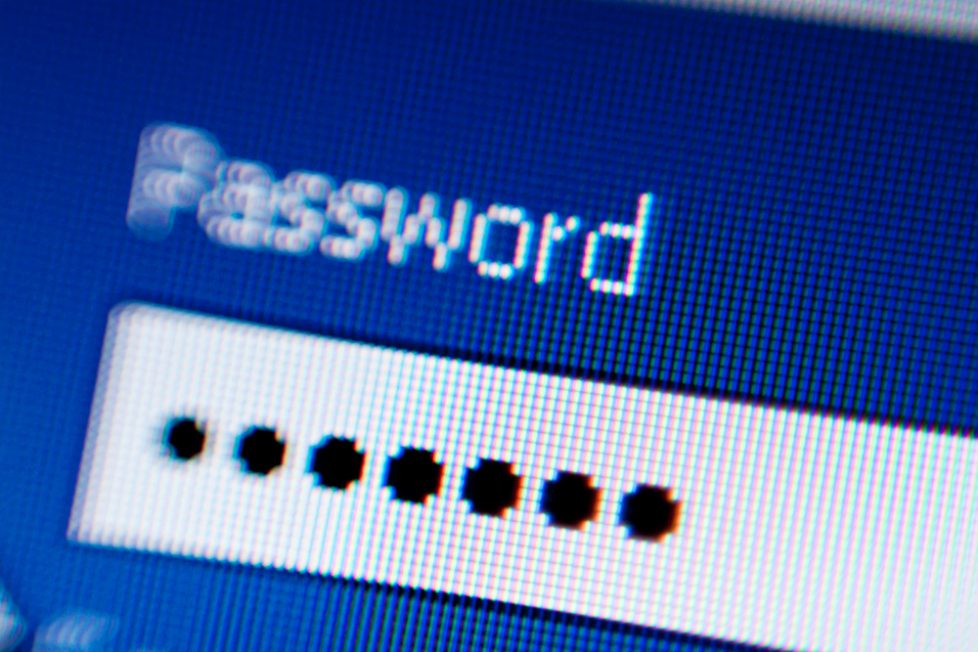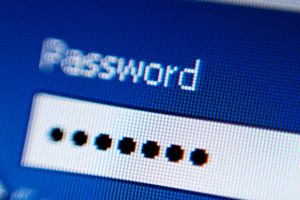Business Security: Passwords to Avoid

Password protection has become increasingly important in the world of Internet security. Many people still do not take creating secure passwords seriously, which puts their personal and financial information at risk. The risk becomes even greater when lackluster passwords are used for business security. The financial and personal information of customers can be put at risk and trusted relationships can be broken. Customer loyalty is difficult to gain and easy to lose. Here are some of the most common mistakes people make when creating passwords. DonÕt be fooled, hackers are well aware that many people are still using these types of passwords.

Numerical Orders
Nothing says security risk more clearly than a numerical list of numbers in their correct order. Typing 1234567 into a password code screen is about as useful as leaving the screen unlocked. Many hackers have admitted that numerical order strings are the first attempts that they make when trying to illegally enter an account. Alpha-numeric combinations are far more secure, as are passwords that include special characters.
Alphabetical Orders
Much like the above example, alphabetical order passwords are the second most used by the lazy and those who are not concerned about security. They are also the second most commonly guessed by those looking to put security at risk. This also applies to strings of letters that are in reverse order.
The Word Password
Using the word password for a password is perhaps the most uncreative way of securing your information. This password also wins the award for the easiest to guess by hackers of all abilities. Some people add some extra letters or numbers thinking that this applies extra security. The word password is best avoided at all costs.
The Site Name
Using the site name is another simple way to make your information available to those who would do you harm. If you have an account with Amazon, do not use the word Amazon for your password. Using the site name, followed by the word password is another terrible idea. This goes for banking information and servers that you may sign into for business.
Your Birthday
Many people feel that they are clever when they use their birthday for a password. They think that it will be easy to remember. While this is true, it is also quite easy for hackers to uncover. A simple glance at most social media sites will reveal this information. Even if the info is not public, you will often find many people wishing you well on this day. Those who peruse these sites to glean information make special note of such days on your profile. This goes for the birthdays of your children and significant others as well.
Dictionary Words
While some words from the dictionary may seem obscure, programs designed for cracking codes will routinely check these words first. Many of these programs will have the entire dictionary at their disposal and be able to check each word at lightning speed. Always use alternative spellings and special characters to represent syllables where possible in order to stay protected.
Proper Names
Names of people and places are the next places that hacking and cracking programs will head to uncover your information. Many of these programs contain tens of thousands of words and names and can uncover a password of this caliber in just a few minutes.
Keyboard Patterns
Much like the list of alphabet letters, keyboard patterns are routinely checked by hackers and their programs. These includes such common passwords as QAZWSX, which follows the pattern of the left hand on the keyboard. Any simple keyboard patterns may allow you to type quickly, but offers very little in the way of security.
The above passwords and combinations should be avoided in order to protect your business. Educate your employees about these security risks and encourage employees and customers to use the maximum number of characters allowed when creating passwords. Also, encourage the use of special characters and make passwords case sensitive whenever possible.
Author Bio: Joshua Turner is a writer who creates articles in relation to business. This article describes weak passwords and aims to encourage further study in this field with a Masters Degree Information Assurance.
